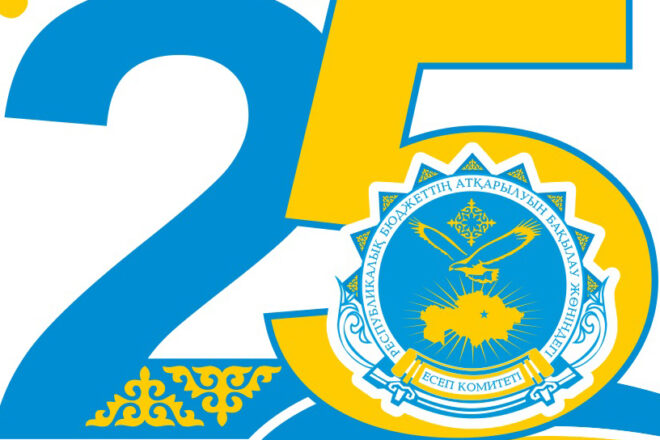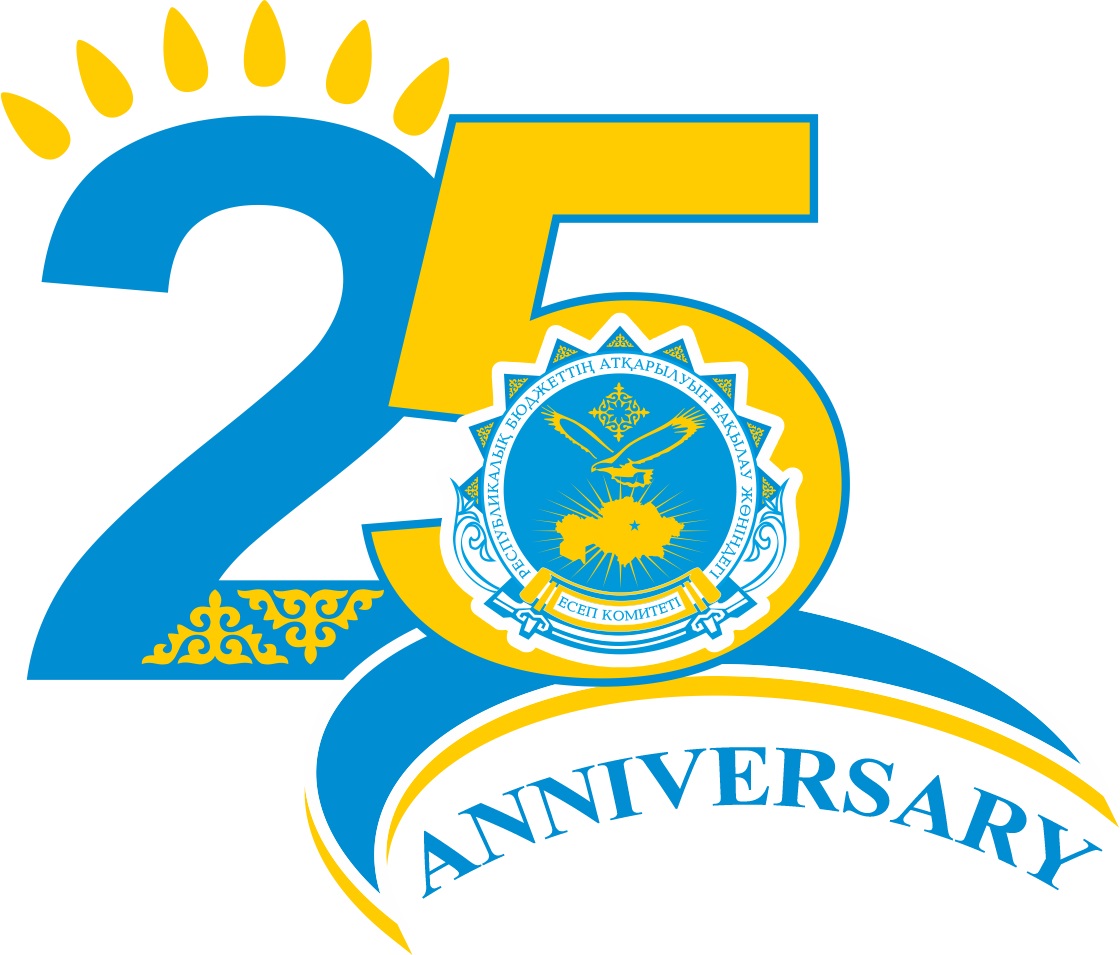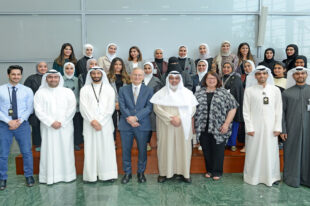SAI Kazakhstan Celebrates 25th Anniversary

In 2021, the Accounts Committee for Control over the Execution of the Republican Budget (“Accounts Committee”)—the Republic of Kazakhstan’s Supreme Audit Institution (SAI)—celebrates its 25th anniversary. The Accounts Committee conducts comprehensive, independent assessments of the activities of government entities, with the aim of identifying shortcomings, managing risk, and making recommendations for more effective performance.
Since its inception in 1996 by decree of the President, the Accounts Committee has carried out 1,500 control measures, which returned more than 7 billion tenge (approximately 16.3 million U.S. dollars or 13.8 million euros) to the Treasury. Auditors are actively involved in making laws and rules; a number of fiscal laws and 15 government resolutions have been amended based on the SAI’s proposals.

The Constitution establishes the composition of the Accounts Committee and the process for approving its reports. The Head of State appoints the SAI’s Chairman and two of its eight members. The other six members are appointed by the two Chambers of the Parliament: three by the Senate and three by the Mazhilis. The Parliament, at a joint session of the Chambers, approves the Accounts Committee’s report on the implementation of the national budget.
The Accounts Committee has evolved over the years from a small agency to an authoritative organization. In 2004, in accordance with the Budget Code of Kazakhstan, the SAI began to carry out compliance and financial audits, and in 2008—with the revision of the Budget Code—it began to ensure the efficiency and effectiveness of expenditures.
In 2013, as part of the President’s “Kazakhstan 2050” strategy, the government took initial steps to form a comprehensive system of public audit based on international standards. The 2015 law “On Public Audit and Financial Control” defined the role of public audits, as well as the powers and activities of the entities involved in audits.
The law directed the Accounts Committee to conduct compliance and financial audits, along with performance audits on specific topics, such as environmental protection, information technology, public debt management, and administration of taxes and customs. The law also established an institution dedicated to conducting audits of quasi–public sector facilities, such as state enterprises and joint-stock companies, with a focus on the effective use of budget funds and state assets.
The Accounts Committee has developed general audit standards, procedures for conducting specific types of audits, regulations for planning and conducting public audits, and a code of ethics for employees. The SAI plans to develop more than 30 documents by 2022, including by-laws and a methodological framework for audits and financial oversight that aligns with international standards, with the aim of increasing the transparency and efficiency of budget spending.
Within the framework of five international organizations—INTOSAI, ASOSAI (Asian Organization of Supreme Audit Institutions), EUROSAI (European Organization of Supreme Audit Institutions), ECOSAI (Economic Cooperation Organization of Supreme Audit Institutions), and the Council of Heads of the Supreme Financial Control Bodies of the Member States of the Commonwealth of Independent States—the Accounts Committee collaborates and exchanges best practices with the SAIs of other countries.
In addition, as a member of five INTOSAI working groups, task forces, and committees, the Accounts Committee works closely with colleagues on environmental audits, key national indicators, and capacity building.





